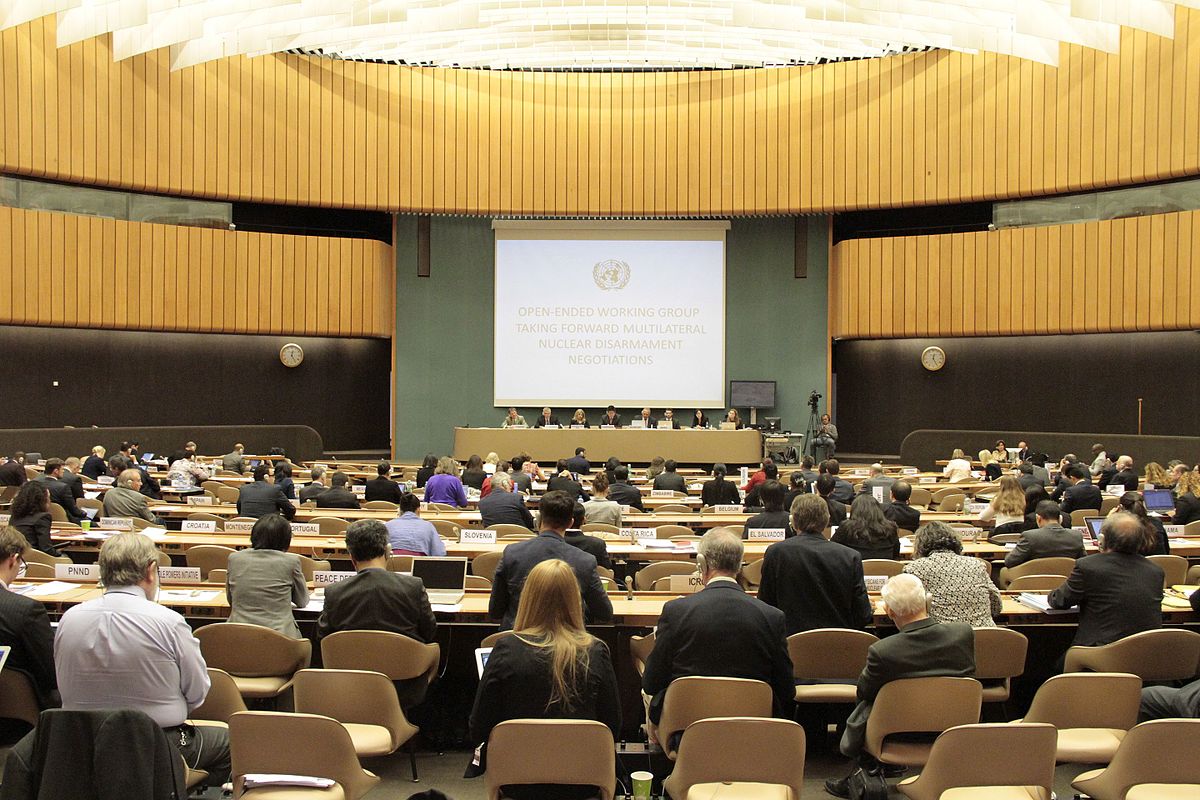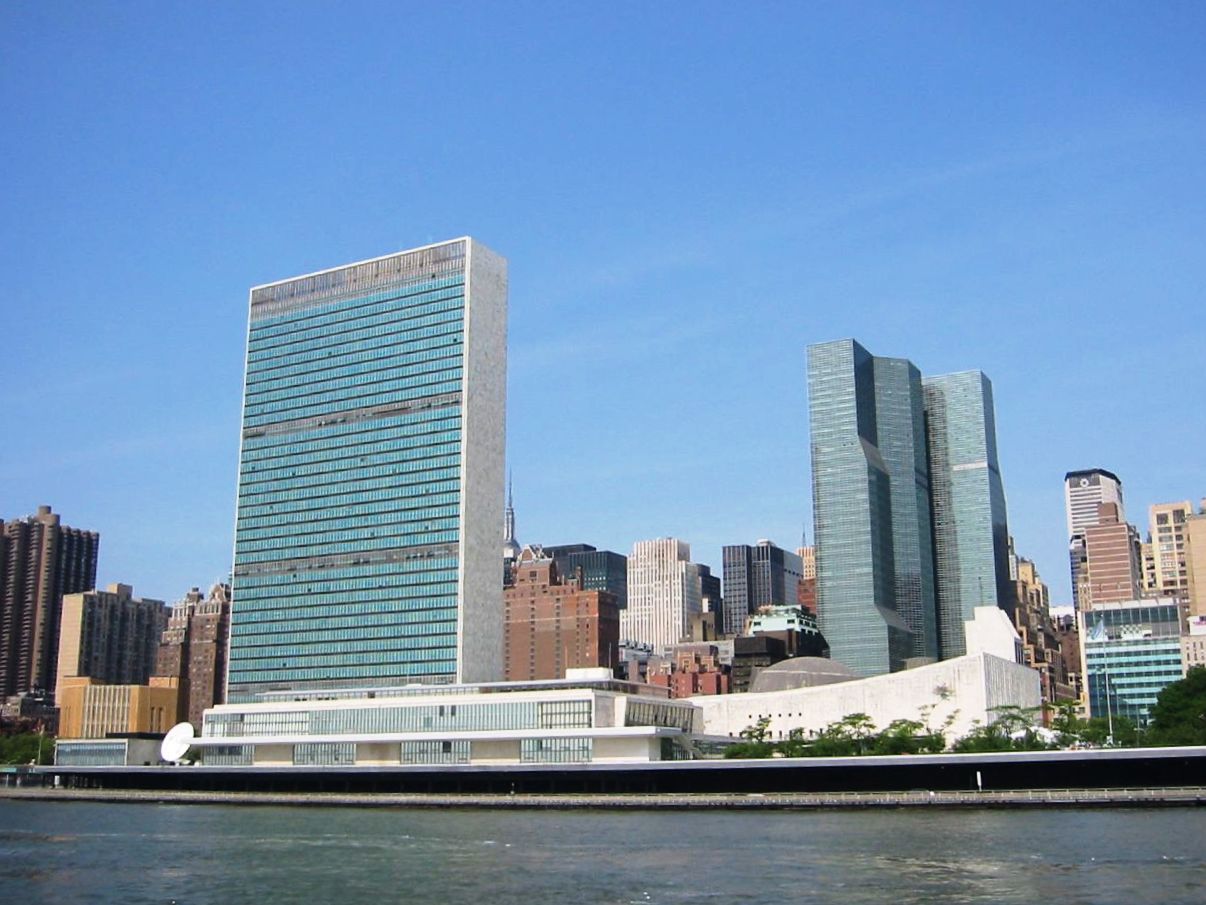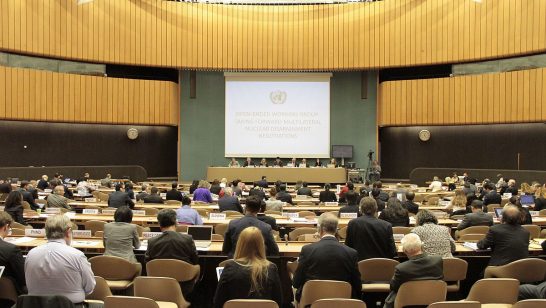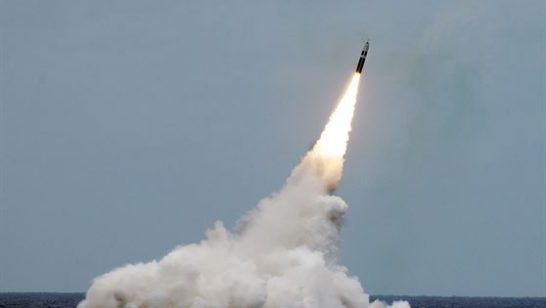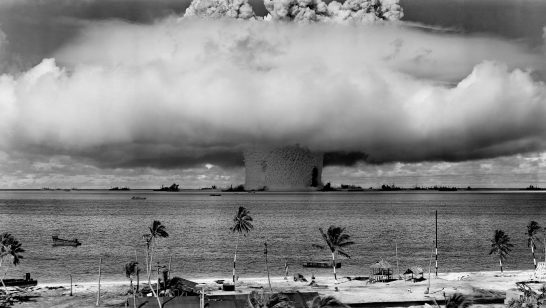
Is the recently agreed Treaty on the Prohibition of Nuclear Weapons (TPNW) the best way to prohibit nuclear weapons? Or could the Treaty – and the accompanying campaign to increase support for it – end up doing much more harm than good?
Dr. Brad Roberts, Director of the Center for Global Security Research at Lawrence Livermore National Laboratory and former US Deputy Assistant Secretary of Defense for Nuclear and Missile Defense Policy, argues that these are the basic questions that every politician pondering whether or not to support the Ban Treaty should address.
Dr. Roberts characterizes the Treaty as “a protest vote for those with nothing to lose” and recommends that the calls to sign or ratify it should be roundly rejected.
According to Dr. Roberts:
- The Treaty is not a ban but a commitment to create a ban sometime in the future. Matters central to the effectiveness of a ban, such as the responsibilities for verification and ensuring compliance, are specifically left for future negotiations.
- The pressure campaign of ban advocates will not have an equal impact on all nuclear-armed states. It puts democracies in a disadvantaged position, with their defensive postures weakened, while not affecting autocratic nuclear weapon states.
- Acceptance of the Treaty by any U.S. ally would do significant damage to the U.S. nuclear umbrella and the practice of extended deterrence in Europe and Asia, at a time when it is urgently needed.
Dr. Roberts sees the ultimate aim of the Treaty’s supporters as changing the dominant narrative about the advantages of nuclear deterrence and “re-educating” those supporting nuclear deterrence. His analysis addresses four specific claims: that nuclear deterrence does not work; that nuclear deterrence is immoral; that the Ban Treaty strengthens international law and that the Ban-supporting NGO community speaks for the people of the world.
Despite its criticism of the Treaty, this analysis suggests nevertheless that there is a pressing need for a substantive and honest dialogue about nuclear deterrence and disarmament, including on the conditions needed to enable further progress toward the ultimate goal of abolition, and the means to create those conditions.
The ELN will continue to publish texts presenting diverse viewpoints on nuclear disarmament with the aim of stimulating debate and identifying the best ways to make progress.
The opinions articulated above represent the views of the author, should not be attributed to any institution with which he is affiliated and do not necessarily reflect the position of the European Leadership Network or any of its members.

